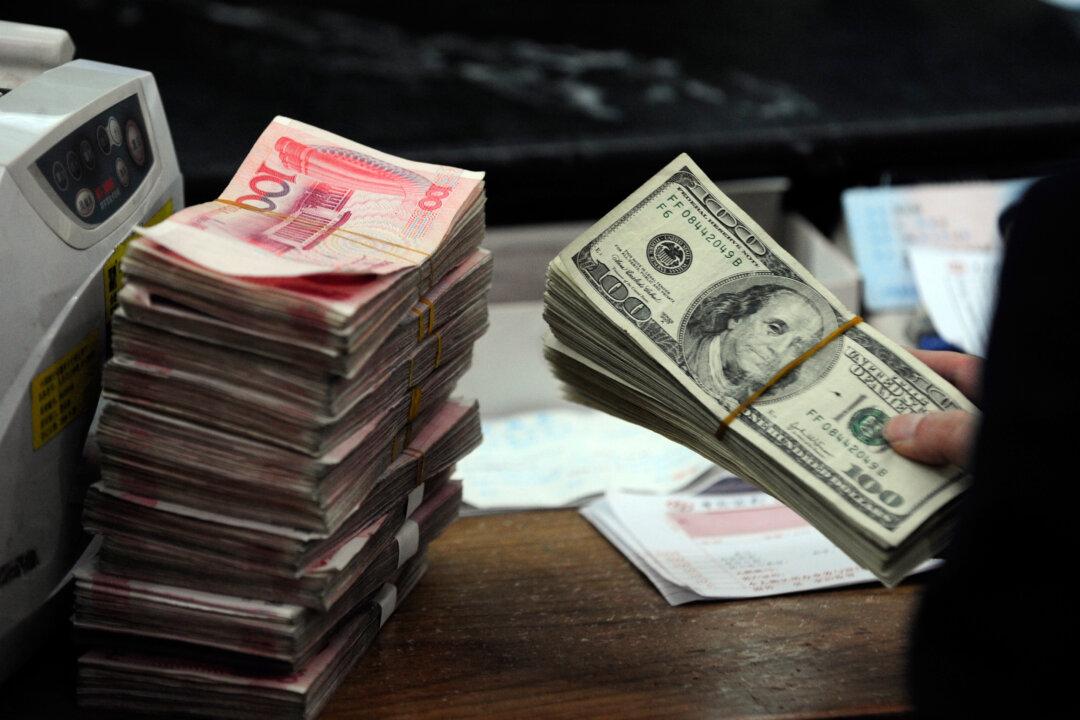A massive operation that laundered money and transferred funds out of China was recently uncovered in Shaoguan City, in China’s southern province of Guangdong.
On Nov. 22, China’s state-run mouthpiece Xinhua reported that the underground bank had handled more than 20 billion yuan (roughly $3 billion) worth of funds, involving 148 fraudulent accounts by more than 10,000 clients from more than 20 provinces. Seven suspects were detained.





